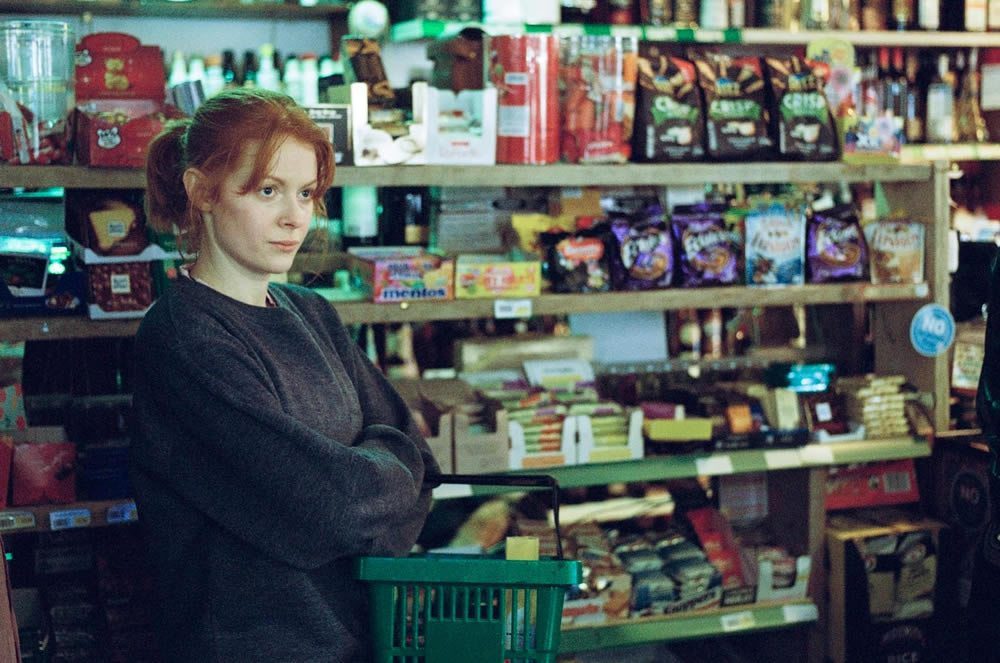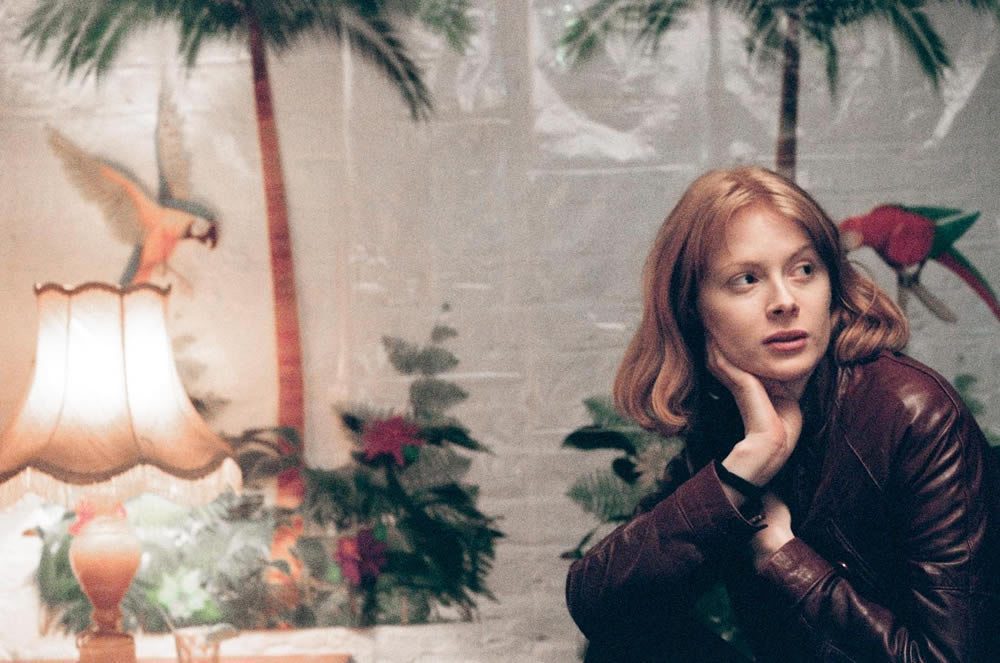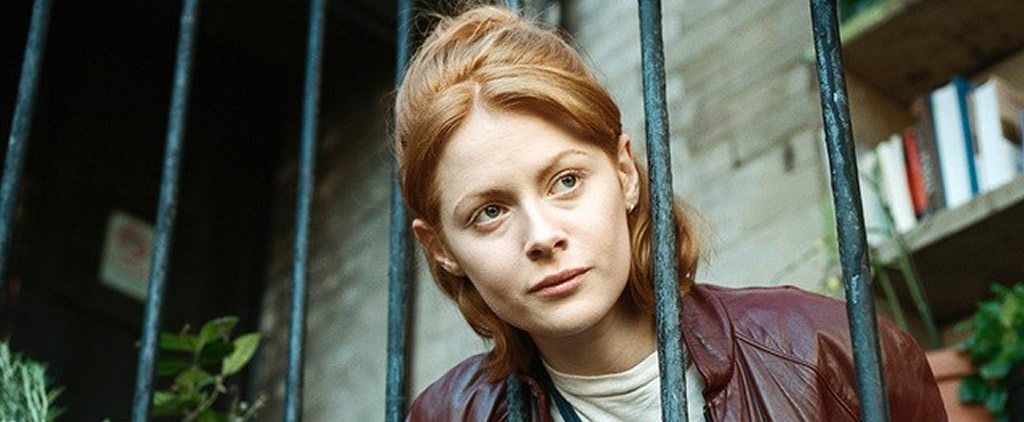[dropcap style=”font-size:100px; color:#992211;”]A[/dropcap]ccurately portraying mental illness as part of everyday life is no mean feat, filmmakers often opting for the flamboyance of breakdown.
There is nothing glamorous about mental illness, and the inexplicable romanticisation of it within the arts is, at best, insulting, while at times downright harmful. To view a portrait that brings some believability is therefore refreshing, and Daphne is one such film—despite the perplexing decision to market it as a romcom. That’s not to say that here is not a humorous film; on the contrary, the eponymous Daphne (Emily Beecham) is wryly funny, with some excellent comedy timing. The balance between this side of the character and her depression is deft, so it comes as a surprise to learn the film is director Peter Mackie Burns’ feature debut, while a sophomore effort for writer Nico Mensinga. The three had previously worked together for 2014 short “Happy Birthday to Me” and the shared experience has clearly paid dividends.

Brash, blunt and outspoken, we follow the Žižek-reading Daphne’s day-to-day life, of which she appears thoroughly bored and lacking in motivation for. Working as a chef in a busy cafe during the day, her evenings are spent aimlessly drinking for a lack of anything else to do, picking up men to whom she unashamedly declares her cynicism about love. All she wants is to be left alone, asserting to a friend that she has “given up on people”, while deeply resenting visits from her mother, who quips about the day that Daphne will finally kill herself. When one day she witnesses her local shop owner get stabbed—amusingly, she snaps that he is a “twat” for getting blood on her as she attempts to quell the wound—the trauma accentuates her depressive tendencies, her self-destructive behaviour growing more outrageous until she finally and reluctantly accepts psychological help.
It’s not a film for everyone. The pace is slow and until the final act, there is no obvious arc; Daphne stumbles, and stumbles some more—although thoughtful little details such as the dried blood of the shop owner under her fingernails and a broken phone screen effectively paint the broader picture. As a character study, however, it is a good example, and Burns and Beecham are an excellent director-performer pairing. The actress shoulders the bulk of the camera, her face telling much of the story, the character’s loneliness brimming beneath the surface. While Daphne is quick and funny, Beecham delivering her one-liners with aplomb, her disconnection to the world around her is clear. As such, it’s genuinely moving when she finally opens up to her psychologist, the scene as a whole entirely believable for its portrayal of awkward vulnerability. Really, the fact Beecham won Best Performance in a British Feature Film at the Edinburgh International Film Festival is no surprise. The final scene as she walks home alone is a little trite, but it’s a small quibble. Daphne marks this trio of filmmakers as people to watch.

Daphne is available on DVD on 22 January.
[button link=”https://www.amazon.co.uk/Daphne-DVD-Emily-Beecham/dp/B075W1LFWN/ref=sr_1_2?ie=UTF8&qid=1516061322&sr=8-2&keywords=daphne” newwindow=”yes”] Daphne on Amazon[/button]

Naila Scargill is the publisher and editor of horror journal Exquisite Terror. Holding a broad editorial background, she has worked with an eclectic variety of content, ranging from film and the counterculture, to political news and finance.



















